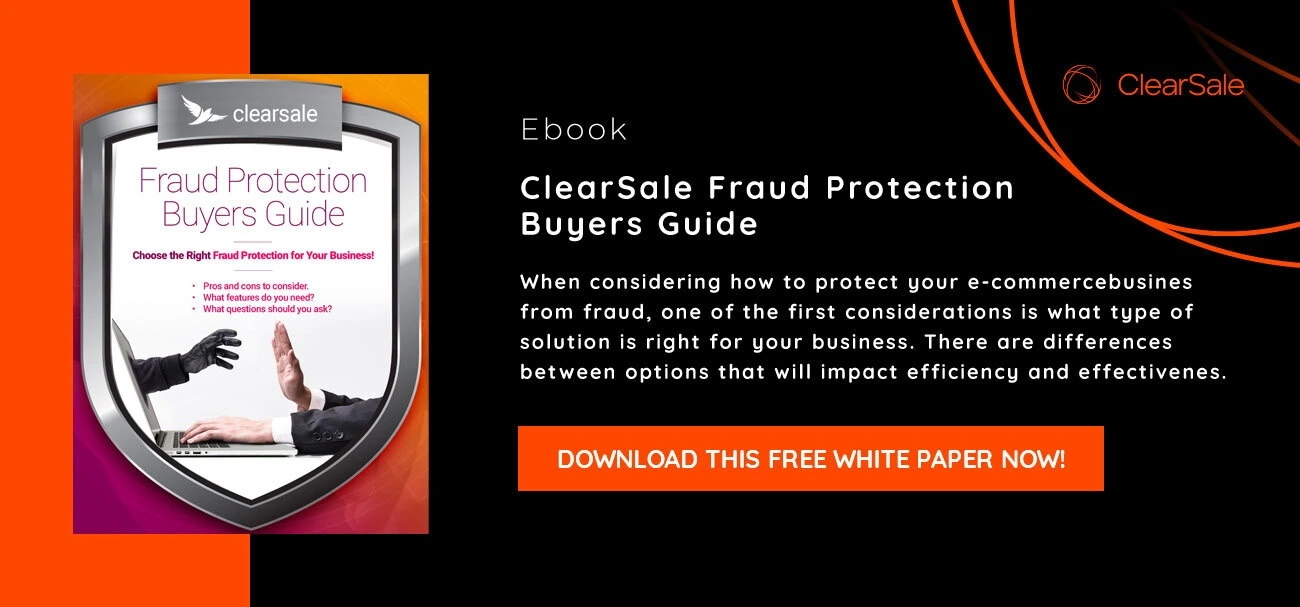How Do These 3 Major Policy Changes Affect Your Chargeback Strategy?
2018 is a year of massive change for eCommerce. New policies that took effect this year will govern how you can handle data, store information, accept payments, and much more.
A lot of the changes we’re seeing now have been in the works for the better part of a decade, but we don’t want to overwhelm you with the full-scope of the situation. Let’s just focus on how some of these new and upcoming changes are going to impact a very specific aspect of your business: your chargeback strategy.
Visa Changes Everything You THOUGHT You Knew About Chargebacks
The firstthing to come to mind when you’re thinking about chargebacks is Visa Claims Resolution (or VCR for short). As discussed earlier, VCR rebuilds the Visa chargeback process from the ground-up.
Now, any chargeback that happens involving a Visa transaction will go into one of two workflows—allocation or collaboration—to try and achieve faster, more accurate resolutions.
The new rules offer certain benefits; for example, some disputes will automatically be rejected if they do not meet criteria established by the workflow. However, it’s still possible for friendly fraud to pass through the allocation process. Plus, the time frame available to submit information and challenge disputes is shorter, so you’ll need to be on-top of your data. You could face added penalties and fees if you don’t react before time runs out.
Mastercard has announced plans to roll out a system like Visa’s in the coming months; however, new EU rules may soon enable consumers to complete transactions without either card scheme.
PSD2 Aims to Break-Up Card Schemes’ Dominance
The Revised Payment Services Directive, or PSD2, enables tech companies like Google and Facebook to access consumer data (with permission, of course) to offer new financial services. Google already allows users to send and receive money via Gmail, but under PSD2, we may see these firms offer bill pay and other features native to the platform.
Of course, these would not be credit or debit transactions; thus, chargeback rules enforced under the Fair Credit Billing Act would not apply. Sounds great, right? Well, it’s highly unlikely lawmakers would leave consumers without any kind of “chargeback-ish” mechanism, so we can expect PSD2 will be adjusted with time.
That creates a lot of uncertainty; we know the rules will change…but we don’t know how. The only thing we know for now is that inconsistency is built into the ruleset.
For example, you’ll need to separate out a purchase made using a tech platform from a traditional card-not-present transaction for recordkeeping purposes. You’ll also need to be ready to handle chargebacks for traditional card-not-present sales, and a potential future chargeback analogue for these new transactions (when it’s invented).
GDPR Means You May Not Have the Data You Need
Of course, that brings us to GDPR.
The General Data Protection Regulation mandates that all EU citizens—regardless of where your business is located—must opt-in before you’re able to use any individual’s data. Also, consumers now have a so-called “right to be forgotten,” meaning they can demand any business destroy all personal information stored at any time, for any reason.
There are clear logistical challenges here, such as the knowing where and what data is stored at any given time, and tracking which permissions each individual customer gives you. It’s not as immediately obvious how this impacts disputes, but the effect will be pronounced.
Merchants rely on past transaction data to identify trends and build effective chargeback cases, but with incomplete data, self-management becomes much less effective. Just like with EMV adoption, we may see a lot of inconsistency in how data storage and recovery rules are interpreted and enforced, as well as how you’ll be able to respond.
New Strategies, Same Fundamentals
These changes bring a lot of uncertainty, but then again, the eCommerce environment changes all the time. Chargeback resolution and mitigation has always been an evolving process. The goal remains the same, though: you want to minimize costs while maximizing revenue.
Over at Chargebacks911®, for example, we work through these policy changes carefully, relying on the benefit of our team’s industry expertise. As a result, our clients don’t need to worry about re-learning everything they know about disputes every time there’s a rule change.
Our fully-managed solutions tackle chargebacks at their source, so even though terminology and processes will change, the fundamentals remain the same.
 Jarrod Wright
Jarrod Wright
